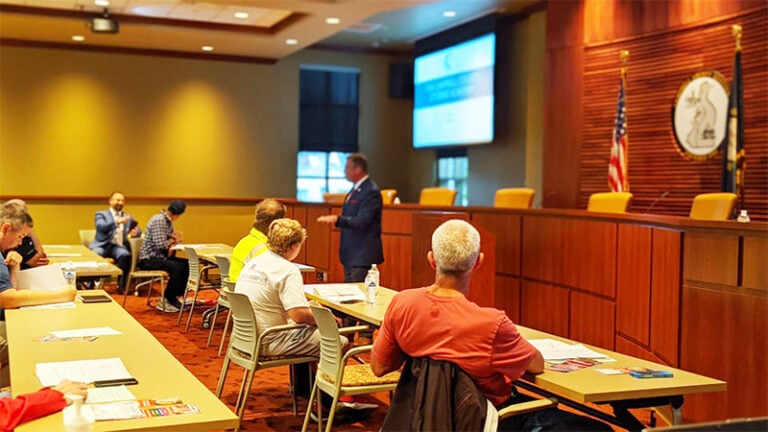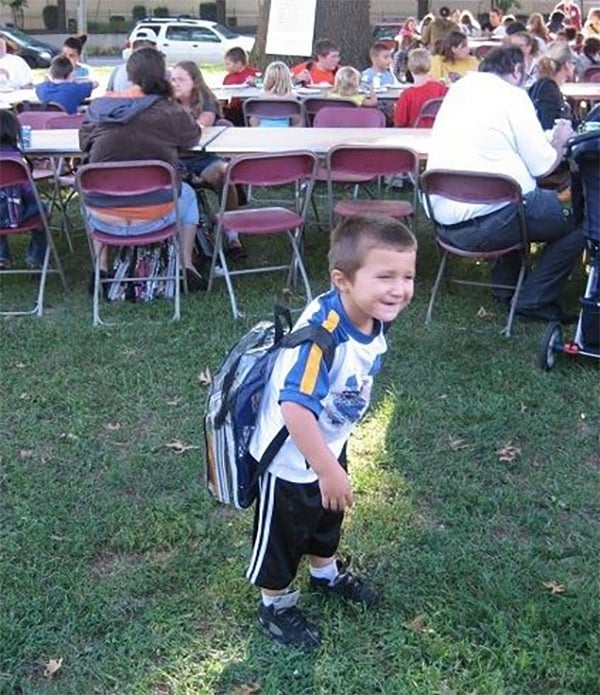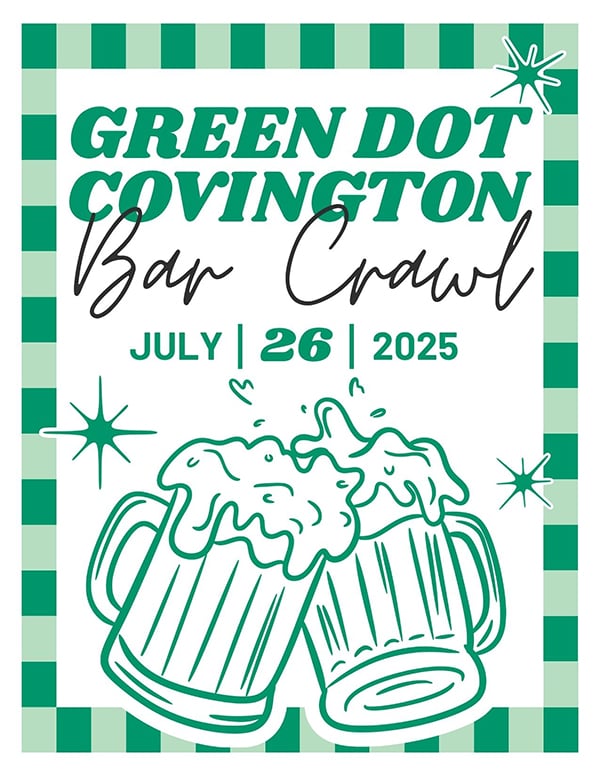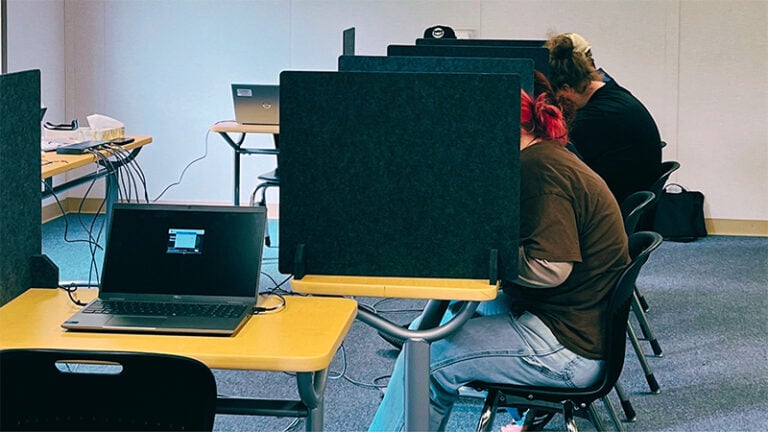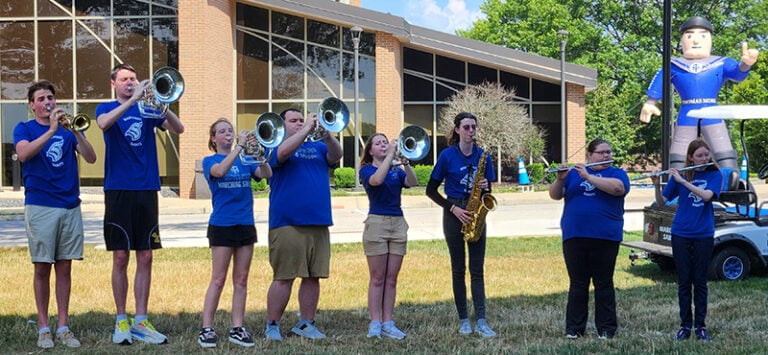By Steve Flairty
NKyTribune columnist
Black History Month, in February, always encourages me to search for notable African American good candidates from Kentucky’s past or present to pay tribute, and perhaps more importantly, to educate the public about the impact of these individuals.
Allow me to talk about one from the past and one in the present, though the fact that the one in the present is 101 years old may suggest inclusion in both categories.
Thomas William Burton (1860-1939) was born to slave parents in Madison County, the youngest of fifteen children. His father died when he was five, his mother when he was 9. He soon developed bad habits and spent time with a bad crowd, but his conversion to Christianity at age 20 motivated him to overcome illiteracy and seek an education. He did so, and his story is inspiring.
It’s reported that Burton walked fifteen miles to Berea with only $9.75 in his pocket. From that humble beginning, he would later work his way through, doing jobs such as dormitory cook, roustabout on a boat, farm hand, coal worker, and even worked on a railroad before graduating from Berea College.
After Berea College, he taught at a school in the small Madison County community of Waco. In 1892, he earned his medical degree from a college in Indianapolis and one year later, he married Hattie Taylor, from Cynthiana. They would have two children. At age 32, he opened a practice in Springfield, Ohio, along with being commissioned as an assistant surgeon in the Ohio National Guard with the rank of captain. Burton also maintained physician offices in Zanesville and Xenia.
Along with Dr. H.R. Hawkins, Burton established an African American medical society, which lasted only two years because there was a trend toward African Americans joining white medical associations. Burton would later join the National Medical Association and became the Ohio branch’s vice-president.
Burton wanted to make a difference for his race, and not just as a physician. He opened businesses in Springfield, including a drugstore, the first owned by a Black in the town, and he attempted to open a hospital. But he was just getting started with his proactive ventures in the town. He bought a shoe store and ran a local newspaper, Loyal Legion of Honor, the first Black newspaper in Springfield. He also wrote articles, made speeches, and letters in conjunction with his views on medical issues. Additionally, he used his life experiences to write and publish poetry.
Burton was community-minded in service, being a part of the Freemasons and the Elks. He also was active in his church, serving as trustee/superintendent of the Trinity A.M.E. Sunday School.
How does one define the word “overcomer”? One can take a look at this native Kentuckian and get a pretty good idea.
Last summer, my wife and I traveled to Paris for an article I was writing for Kentucky Living about Kentucky’s living World War II military veterans. We spent nearly two hours with an amazing centenarian, Albert Wess Sr., who was a part of America’s iconic Red Ball Express.
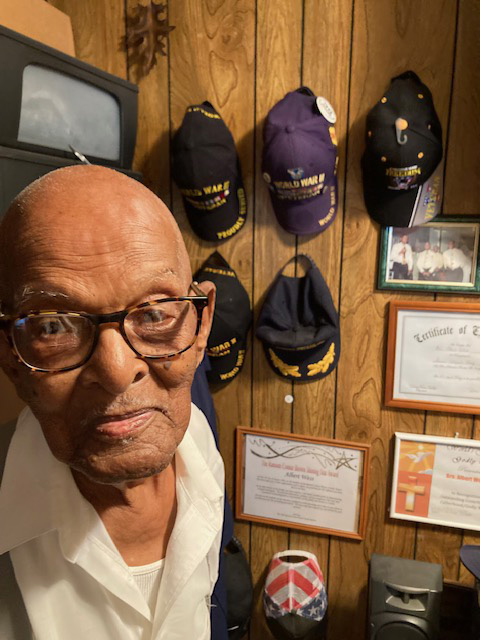
The U.S. initiative, which consisted of a convoy of trucks, driven mainly by African American military personnel, traveling into war-torn France to deliver supplies to U.S. troops during WW II.
And just as the aforementioned Thomas Burton was categorized, Wess can also be praised as a true overcomer. He suffered the loss of his parents early in life and while growing up, he encountered rampant racism, including the time he spent in the Army. Despite that, he did his best in the service of his country. He shared that and much more with Suzanne and me.
Wess still drives and is active in his Paris church. He has been the subject of TV news features and often will be found at veterans’ events in the state. Many know him as one who SINGS the words to “Taps” in patriotic gatherings, and for that, he is a big hit.
For more on Albert Wess’s life, visit “World War II veterans share their stories” at Kentucky Living.










